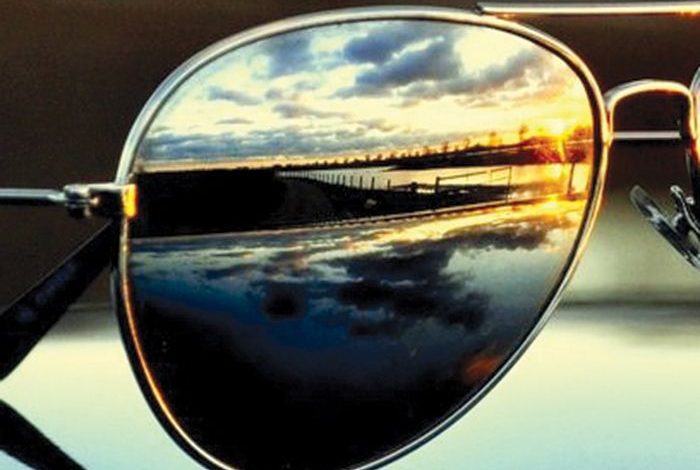

In conjunction with WORLD SIGHT DAY, Ipoh Echo talks to Consultant Eye Surgeon Dr S.S. GILL on EYE CARE TIPS.


1. LIVE HEALTHY
Good Nutrition: Your diet should be rich in green leafy vegetables and fruits that contain vitamins and carotenoids lutein and zeaxanthin, along with meats like fish that are rich in Omega 3 Fatty Acids.
Exercise: Has a beneficial effect on glaucoma, AMD and diabetic eye diseases.
No Smoking: The effects of smoking should not be taken lightly as it accelerates cataract formation, macular degeneration and also nerve problems.
Medical Conditions: Keep all medical conditions such as Diabetes Mellitus and hypertension well controlled. These illnesses have profound effects on the eyes.
Avoid Obesity: Keep your weight in check. Obese people are more prone for health as well as eye problems.
2. USE ELECTRONIC DEVICES CORRECTLY


3. WEAR GOGGLES
Always wear a pair of protective of safety goggles whenever you do any chores around the home. This includes the wearing of goggles during gardening, while playing certain sports and while mowing the lawn. Remember, eye injuries cost a lifetime of problems to an individual, to their families and to healthcare.
4. MINIMISE UV-LIGHT EXPOSURE
Wearing sunglasses that cut off ultraviolet light rays from the sun is a must. Look for a reasonably good pair of sunglasses that have the CE marking, and filters off UVA and UVB light rays from entering the eye. Sunglasses that are polarized are a bonus. Remember, as discussed in previous issues, ultraviolet radiation promotes cataract formation and macular degeneration.
5. EYE CHECK
If you are 40 years and above, you should get your eyes checked once a year. Getting the eyes checked for your spectacle prescription is not enough. A full eye examination that includes a vision check, eye pressure testing and a full dilated pupil eye examination is required. Just like your annual medical examination and blood testing, the eye examination is equally important. It is recommended that all adults between 18 to 40 years get their eyes checked every three years, those 40 to 50 years should get an eye check every two years and those above 50 years should get an eye check annually.
World Sight Day IAPB picture, courtesy of International Agency for the Prevention of Blindness (IAPB)


